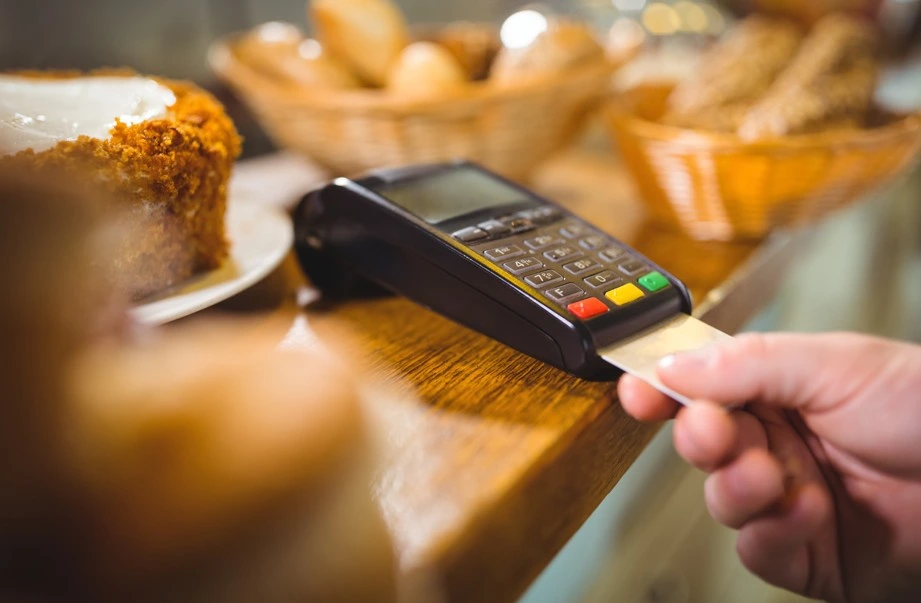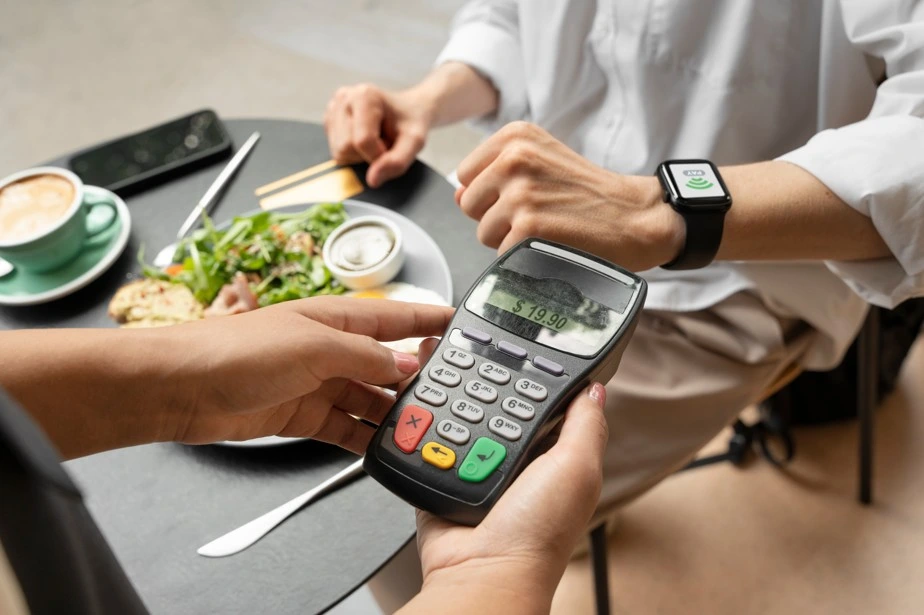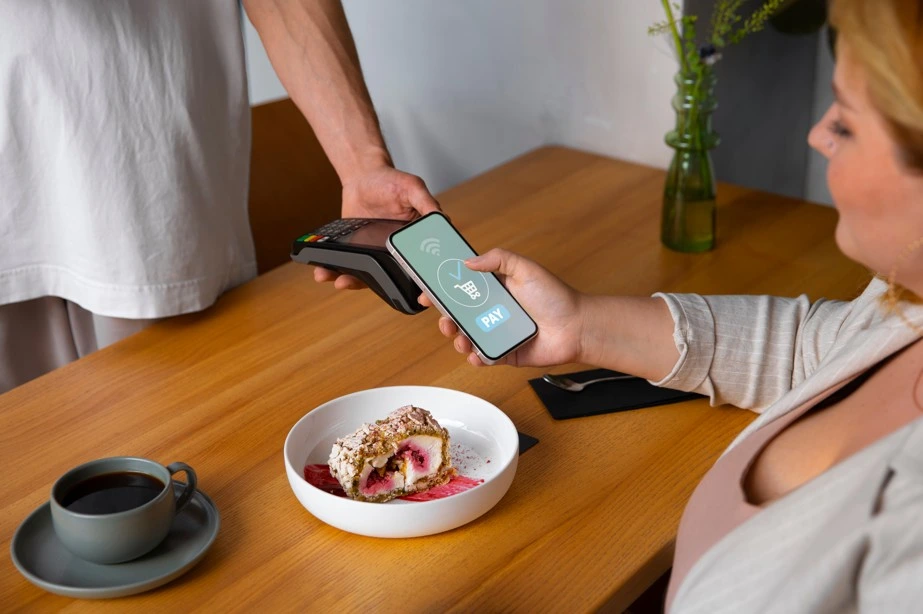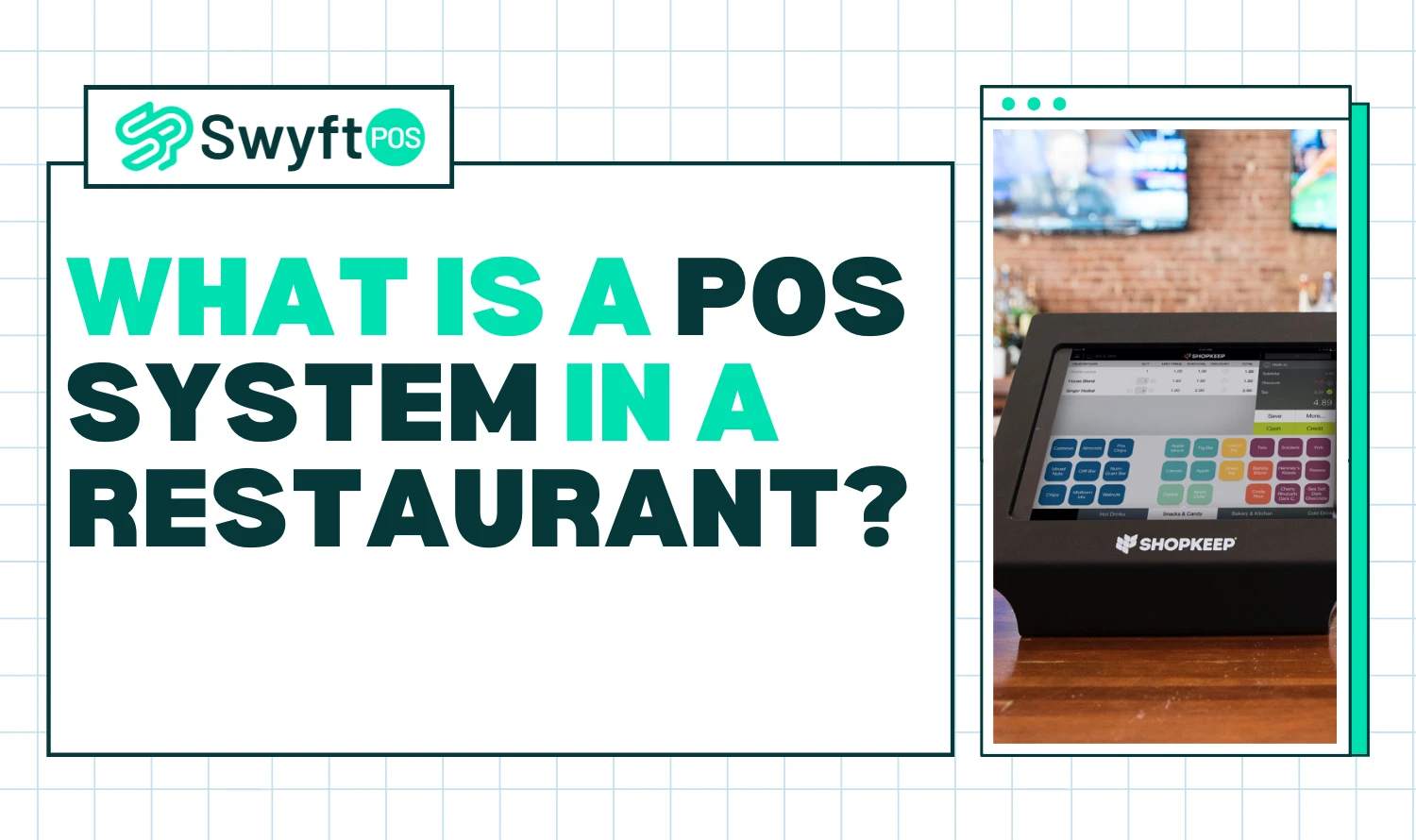Running a restaurant is more than cooking tasty meals. It’s about timing, flow, and consistency. In today’s world, that rhythm is powered by technology. A strong POS system keeps every part of service in sync. From orders to payments, it acts as the digital backbone.

This blog will explain the importance of choosing the right POS system for restaurants and explore the specific advantages it offers for smooth daily operations.
The Digital Heartbeat of Modern Dining
POS systems are no longer optional tools. They have become central to how restaurants work. Before we discuss benefits, let’s see how this technology has evolved.
From Cash Register to Smart Brain
Traditional cash registers did little more than hold money and print receipts. Today’s POS systems are far smarter. They connect front-of-house with back-of-house, track performance, and simplify tasks that once needed hours of manual work.
What a POS Really Does
A restaurant POS system goes far beyond billing. It:
- Tracks and stores sales data
- Sends orders directly to the kitchen
- Monitors stock levels in real time
- Creates reports for managers
The Importance of a POS System for Restaurants
Now that we understand what a POS does, let’s look at why it matters. For many owners, it’s the difference between chaos and control.

Streamlined Operations
Speed is everything in restaurants. A POS speeds up order entry and billing. It reduces mistakes caused by handwritten notes. It also improves kitchen coordination by sending orders instantly.
Smarter Decision-making
Numbers tell stories. A POS system collects sales and customer data. With daily, weekly, and monthly reports, managers can see trends. These insights help with menu planning and staffing.
Customer Experience Boost
Guests want fast and smooth service. POS systems support loyalty programs, digital wallets, and quick checkout. All of this adds up to happier customers.
Advantages of a POS System for Restaurants
Beyond importance, let’s dive into the real-world perks. These advantages touch every corner of your restaurant.

Front-of-House Advantages
Servers spend less time running tickets. Mobile ordering speeds things up. Guests can even split bills with ease.
Back-of-House Advantages
Inventory updates in real time. Chefs know what’s available. Waste reduces as stock levels are tracked and managed. Supplier integration makes reordering simple.
Management Advantages
Owners get tools to schedule staff, manage payroll, and track performance. A POS brings all of this into one system.
Comparing the Old and New: Registers v. POS
It’s easier to see the benefits when comparing old systems with modern ones.
| Feature | Traditional Register | POS System |
| Order Taking | Manual, prone to error | Digital, accurate |
| Billing | Cash only, basic print | Multiple methods, smart |
| Inventory Management | Manual tracking | Automated, real-time |
| Reporting | Minimal | Detailed, customizable |
| Customer Engagement | None | Loyalty, promotions |
This table shows how the importance of the POS system for restaurants goes beyond basic billing. It improves every aspect of operations.
Real-life Scenarios: How POS Saves the Day
Technology feels abstract until you see it in action. Here are common issues restaurants face and how POS solves them.
Common Problems Solved by POS
- Lost tickets during peak hours
- Food waste from poor stock tracking
- Disputes over tips or hours
- Guests are frustrated with slow payments
A Quick Story
A local café switched from manual registers to a POS. Within weeks, they noticed faster table turnover. Staff spent more time with guests and less time on paperwork. The result? Higher sales and more satisfied regulars.
Advantages Of a POS System in the Long Run
It’s not only about fixing today’s problems. A POS system also sets restaurants up for growth.
- Easy to expand as new branches open
- Connects with delivery apps and online ordering
- Simplifies compliance with tax rules and reporting
The advantages of the POS system for restaurants become more valuable over time, especially as the industry grows more competitive.
Busting Myths about POS Systems
Some owners resist POS systems because of myths. Let’s clear those up.
Common Misconceptions
- “Too expensive”: In reality, POS systems often pay for themselves quickly.
- “Too complex”: Modern systems are designed to be simple and intuitive.
- “Only for big restaurants”: Scalable options exist for small cafés and food trucks too.
Choosing the Right POS for Your Restaurant
Not every POS system is the same. Picking the right one takes care. The right POS solutions can streamline operations and boost efficiency.
Features Checklist
- Mobile and tablet ordering
- Integration with accounting tools
- Inventory management features
- Multi-location support
Questions to Ask Vendors
- Do you provide round-the-clock support?
- How secure is the data?
- How long does setup take?
These questions ensure your POS fits your restaurant’s unique needs.
The Bottom Line
Running a restaurant is demanding. Tools that reduce stress and save time are vital. Modern POS solutions go beyond convenience — they protect margins, improve service, and keep everything running smoothly.
In today’s competitive food industry, having an efficient system isn’t a luxury anymore. It’s a necessity for survival and growth. Investing in the right technology might be the smartest recipe you add to your kitchen.
Frequently Asked Questions
1. What is a restaurant POS system?
A restaurant POS system is a tool that manages orders, payments, inventory, and customer data in one place, helping streamline operations.
2. How does a POS system improve customer service?
It speeds up order processing, reduces errors, supports multiple payments, and enables loyalty programs for a better dining experience.
3. Is a POS system expensive for small restaurants?
Not necessarily. Many providers offer affordable subscription models that lower upfront costs while delivering long-term savings.
4. Can a POS system work with online delivery apps?
Yes. Modern POS systems integrate with food delivery platforms, ensuring smooth order flow from app to kitchen to customer.
5. What type of restaurants benefit most from a POS system?
All types benefit, including quick-service, fine dining, cafes, and delivery outlets, as features adapt to each business model.





